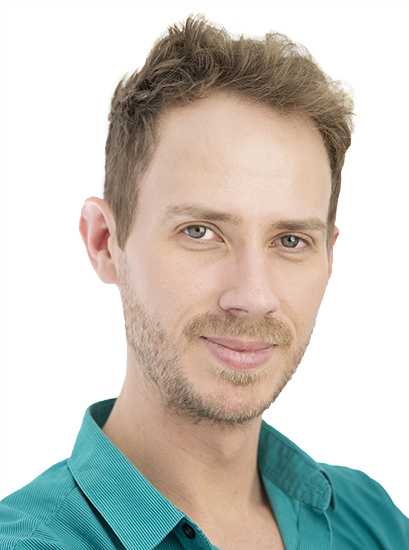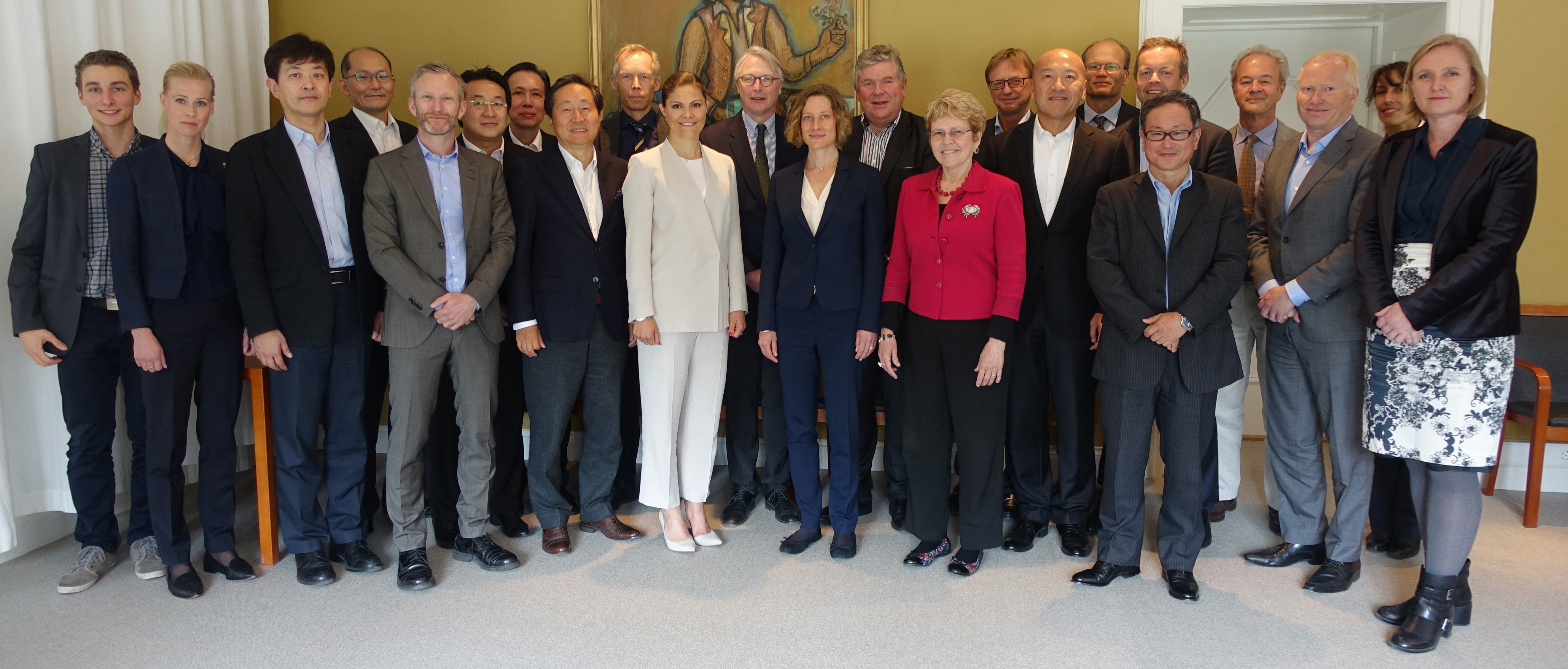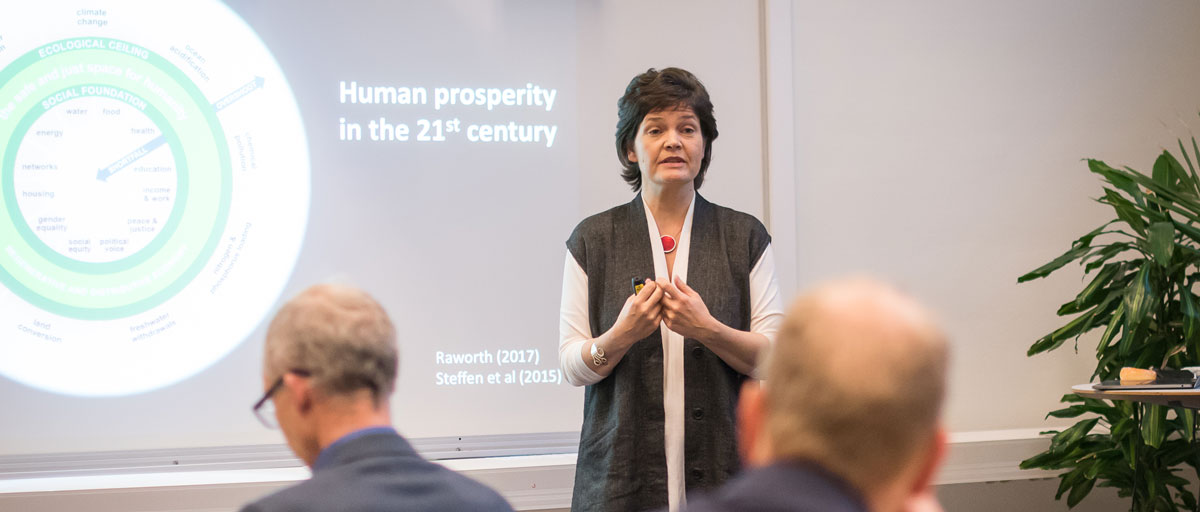Science-business collaboration
Centre collaborates with L'Oréal on sustainability in the cosmetics industry
Bildtext får vara max två rader text. Hela texten ska högerjusteras om den bara ska innehålla fotobyline! Photo: B. Christensen/Azote
- Stockholm Resilience Centre is collaborating with L’Oréal in a research project examining the sustainability of the global leader of the beauty industry
- One objective is to assess how well the cosmetics company’s current sustainability practices and metrics deal with global environmental problems, using the planetary boundaries framework
- The project expands the centre’s portfolio of activities that apply the planetary boundaries framework to business sustainability
Collaboration will assess how the cosmetic industry leader‘s activities can deal better with the global environmental problems highlighted by the planetary boundaries
Consumers are increasingly demanding detailed information about the products they choose, where they come from and what their social or ecological impacts might be. As a consequence, companies are looking for new ways to make more socially and ecologically conscious products.
Turning to scientific evidence and research is part of this process.
The Stockholm Resilience Centre (SRC) has established a science-business research project with the global beauty group L’Oréal. Centre researcher Sarah Cornell is leading the collaboration, along with Jacob Hileman, Ashley Perl, Sasha Quahe, and Andrew Ringsmuth.
The team will be drawing in other expertise from both the centre and L’Oréal as the project advances.
This project really shows how global sustainability is linked to our everyday actions and the decisions we all make about the products we use
Sarah Cornell, co-leader of SRC-L’Oréal collaboration
Industry pathbreaker
The L’Oréal group is considered to be an industry pathbreaker in sustainability. They implemented a group-wide sustainability programme, Sharing Beauty With All. Its global perspective enables the group to contribute to the Sustainable Development Goals. The programme has set tangible sustainability goals addressing L’Oréal’s impacts across their whole value chain: from the conception of products to their distribution, including production processes and the sourcing of ingredients.
In 2013, L’Oréal made a commitment that 100% of their products will have an improved environmental or social profile by end of 2020. To meet this aim, L’Oréal developed its Sustainable Product Optimisation Tool (SPOT) in an earlier collaboration with researchers (Vargas-Gonzalez et al 2019).
Inspired by the Planetary Boundaries framework, SPOT is the first of its kind in the beauty industry to measure all the environmental as well as social impacts of a cosmetic product and to identify avenues for improvement. Since 2017, SPOT has been implemented across all L’Oréal’s brands.
Because our planet’s worth it
Business actions that target climate emissions, water quality degradation, and deforestation can make a big difference, locally as well as globally. However, these individual issues are connected as part of Earth’s complex social-ecological systems.
The collaboration is therefore assessing how the cosmetic industry leader‘s activities can deal better with the global environmental problems highlighted by the planetary boundaries.
“Through applying a planetary boundaries approach, it is possible to take linked Earth system behaviour into account. For instance, this means looking at how deforestation is inextricably linked to climate change and biodiversity loss, as well as to other large-scale changes involving global water and nutrient cycles,” says Cornell.
In this collaboration, centre researchers are working from existing tools and metrics, to assess pressures on the planet from a resilience viewpoint. They aim to identify potential opportunities for improvement in the L’Oréal group that could enable the development of the most sustainable products possible.
As the world’s leading beauty company, L’Oréal has devoted itself to beauty for over 100 years. With its portfolio of 36 well-known brands, the Group’s sales amounted to 26.9 billion euros in 2018.
Research and innovation are at the core of L’Oréal’s strategy, working to meet beauty aspirations all over the world. Through L’Oréal’s sustainability commitment for 2020, sustainability actions at L’Oréal can make a tangible difference for the resilience of the biosphere – and the project seeks to make that as positive a difference as possible.
Our next sustainability challenge is to go one step further than improving our processes along the whole value chain. Collaborating with scientists of the Stockholm Resilience Centre will guide us to continue to innovate within global limits.
Laurent Gilbert, Director of Sustainable Innovation at L’Oréal
Responsive research
The centre has a positive track record when it comes to engaging with the business sector and exploring options for leadership in sustainability. Activities include the centre’s Executive Programme in Resilience Thinking and the influence initiative Seafood Business for Ocean Stewardship (SeaBOS). Both researchers and businesses alike are finding these collaborations productive.
The aim of the L’Oréal project is to have a similar impact when it comes to challenges in the cosmetics industry – to together generate information that allows L’Oréal to make informed choices that are good for people, planet, and business.
The two-year collaboration adds to the centre’s portfolio of activities that aim to apply the planetary boundaries framework to business sustainability target-setting.
As Cornell explains, “The message from global change science to society is increasingly clear: there are limits to the environmental harm our collective activities can cause without societies worldwide feeling the impact. We have to translate our research into terms that businesses can put into practice if we want to work within the ‘safe operating space’ for humanity.”
Content facts...
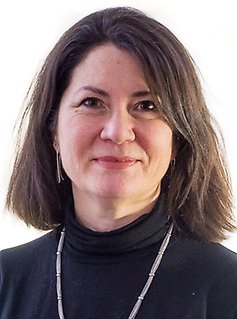
Sarah Cornell is leading the L’Oréal-Stockholm Resilience Centre collaboration, and docent in sustainability science, with a background in environmental chemistry. She also coordinates an international group of Earth resilience researchers.
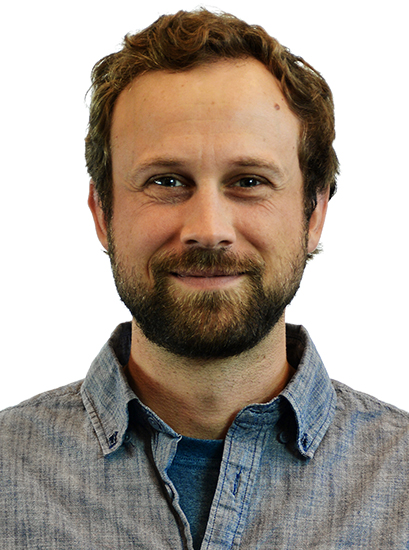
Jacob Hileman is a postdoctoral researcher working on environmental governance and social-ecological networks.

Ashley Perl works as a research assistant with the L’Oréal-Stockholm Resilience Centre collaboration, and as a communications officer for Swedbio, a knowledge interface at Stockholm Resilience Centre.


